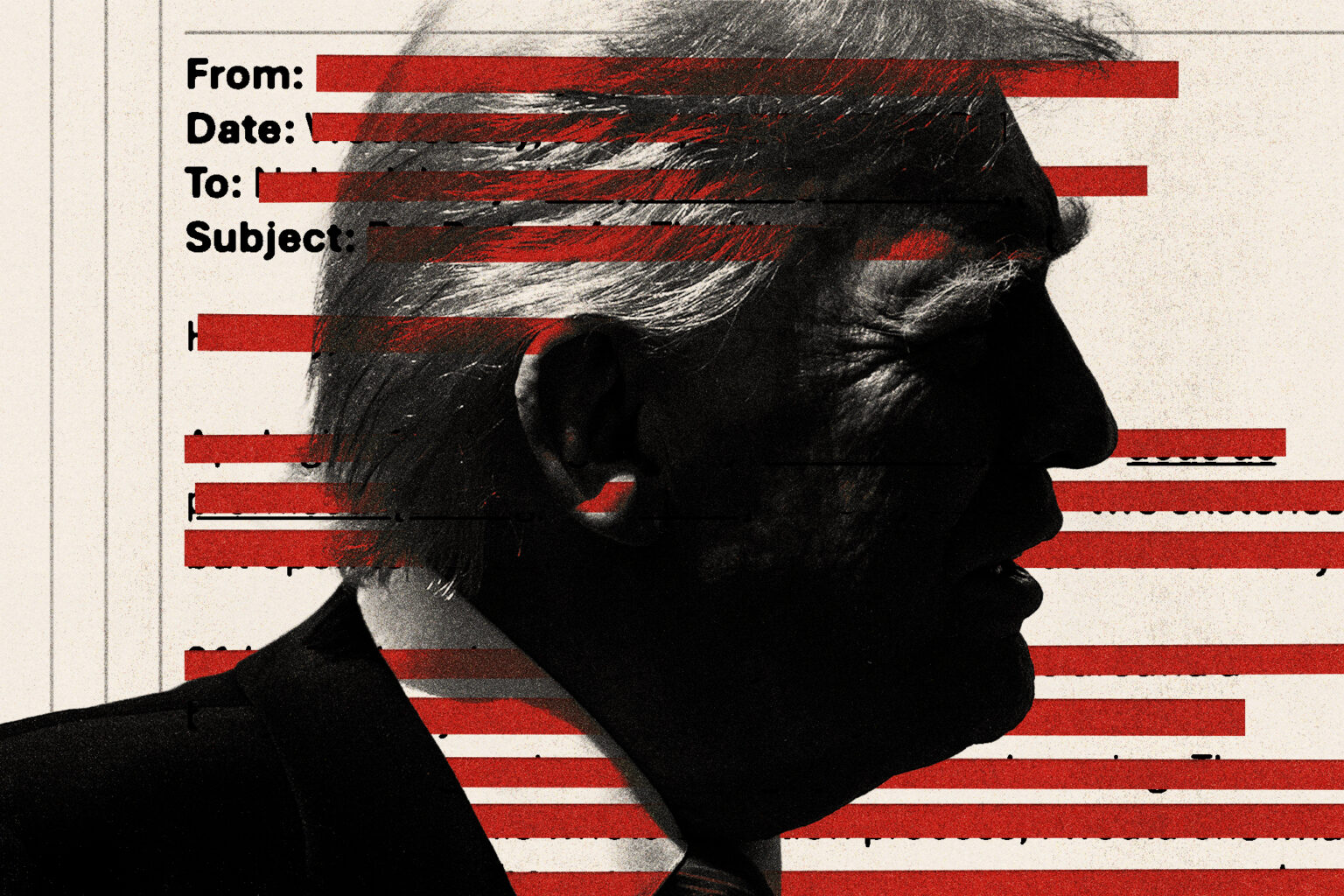The Growing Culture of Secrecy in Federal Agencies Under the Trump Administration
Introduction: Escalating Confidentiality Measures in Government Operations
Recent reports reveal a significant shift toward heightened secrecy within U.S. federal agencies during the Trump administration. From mandatory nondisclosure agreements to the suppression of written communication, government employees are increasingly discouraged from documenting or openly discussing internal matters. This trend raises concerns about transparency, accountability, and the impact on effective governance.
Restricted Disclosures and Confidentiality Agreements
In several agencies, employees are now required to sign nondisclosure agreements before engaging with sensitive topics such as personnel changes or organizational restructuring. For instance, at the Department of Veterans Affairs, staff members reported being compelled to sign confidentiality contracts prior to reviewing plans for layoffs or reorganizations. Similarly, at the Administration for Children and Families, personnel were instructed to avoid written responses to grant recipients facing funding cuts, aiming to prevent creating a paper trail that could be scrutinized later.
Shift Away from Written Records in Regulatory Agencies
The Environmental Protection Agency (EPA) exemplifies this trend vividly. Months after Elon Musk mandated weekly email updates from federal employees detailing their accomplishments, some managers began telling staff they no longer needed to comply-yet refused to confirm this change in writing. An EPA employee expressed surprise, noting that as a regulatory body, the agency traditionally operates under the principle that “if it’s not in writing, it didn’t happen.” Now, however, the reliance on written documentation is diminishing, signaling a move toward more informal, less accountable communication practices.
A Culture of Concealment and Informal Communication
Interviews with over 40 federal workers across two dozen agencies depict a pervasive environment of secrecy. Meetings are often held in private, behind closed doors, even on routine topics. When discussions occur outdoors or in informal settings, it’s often to avoid leaving a record. Digital communication has shifted predominantly to encrypted messaging apps like Signal, where messages are set to self-destruct, further reducing the likelihood of documentation.
This culture extends beyond career civil servants. Political appointees, concerned about leaks or negative coverage, also avoid creating written records. Some fear that documenting internal deliberations could lead to public exposure or investigations, prompting a preference for verbal exchanges and encrypted messaging.
Implications for Transparency and Legal Compliance
This pervasive secrecy conflicts with long-standing norms and legal frameworks, notably the Federal Records Act of 1950, which mandates proper management of government records. While experts acknowledge that the Trump administration’s aversion to written documentation is problematic, they also note that it’s unclear whether such practices constitute legal violations, given the law’s limited enforcement mechanisms.
Official Justifications and National Security Rationale
White House officials defend the emphasis on secrecy, asserting that it enhances operational security and prevents leaks. White House spokesperson Karoline Leavitt stated that the administration views the culture of confidentiality as beneficial, citing recent successful covert operations as evidence. An anonymous senior official emphasized that secrecy is essential for national security, pointing to recent military actions where operational security prevented leaks and contributed to success.
Operational Challenges and Impact on Government Functioning
However, the emphasis on secrecy hampers routine government functions. For example, at the Department of Homeland Security, a lawyer recounted being repeatedly asked to review political appointees’ plans without receiving detailed information, rendering him unable to provide legal opinions. Frustrated, he eventually resigned, citing the impossibility of performing his duties effectively.
Similarly, at U.S. Citizenship and Immigration Services, attorneys report being excluded from reviewing policy drafts until they are finalized, a departure from previous practices that allowed for legal risk assessments and input. Such restrictions hinder transparency and legal compliance, raising concerns about oversight.
Political Maneuvering and Non-Transparent Personnel Decisions
Agency personnel decisions are also shrouded in secrecy. At the Interior Department, directives instruct staff not to mention “reduction in force” or “RIF” in official communications. The Education Department’s staff are reportedly discouraged from documenting reassignments or layoffs in writing, complicating workforce management and accountability.
Self-Censorship and Speech Restrictions Among Employees
Many federal workers are self-censoring to avoid potential violations of executive orders banning diversity, equity, and inclusion initiatives, or restricting language related to gender and race. At the CDC, contractors were warned not to mention terms like “underserved populations,” “diversity,” or “health equity” during planning discussions. At Veterans Affairs, internal communications are being scrutinized for content that might conflict with presidential policies, leading staff to avoid virtual documentation and conduct in-person meetings instead.
Use of Encrypted Messaging and Personal Communication
The shift toward encrypted messaging apps like Signal is widespread. Employees at HUD, the Justice Department, and the Social Security Administration report using Signal exclusively for sensitive or potentially problematic conversations, often deleting messages automatically. Some staff have even deleted personal social media accounts to prevent virtual monitoring, further illustrating the extent of self-censorship.
Changes in Meeting Culture and Documentation Practices
The return-to-office mandates have transformed meeting habits. At a NASA facility, staff now conduct discussions inside closed offices or outdoors, avoiding written records altogether. Employees at the General Services Administration have adopted practices like muting microphones and covering cameras during meetings, reflecting a heightened concern for privacy and secrecy. When drafting official communications, some staff now use AI tools like ChatGPT to rephrase or remove sensitive phrases, such as those related to diversity or political topics.
Legal and Ethical Concerns
This widespread move away from transparency raises questions about compliance with legal standards governing government records and accountability. Experts warn that such practices could undermine the integrity of government operations and hinder oversight, though definitive legal violations remain difficult to establish under current laws.
Conclusion: A New Norm of Discretion and Its Consequences
The Trump administration’s emphasis on secrecy and informal communication has fundamentally altered the landscape of federal government operations. While intended to protect national security and political interests, these practices risk eroding transparency, hampering effective governance, and fostering an environment of suspicion and self-censorship among federal employees. As this culture persists, the challenge will be balancing necessary confidentiality with the fundamental principles of open government and accountability.

